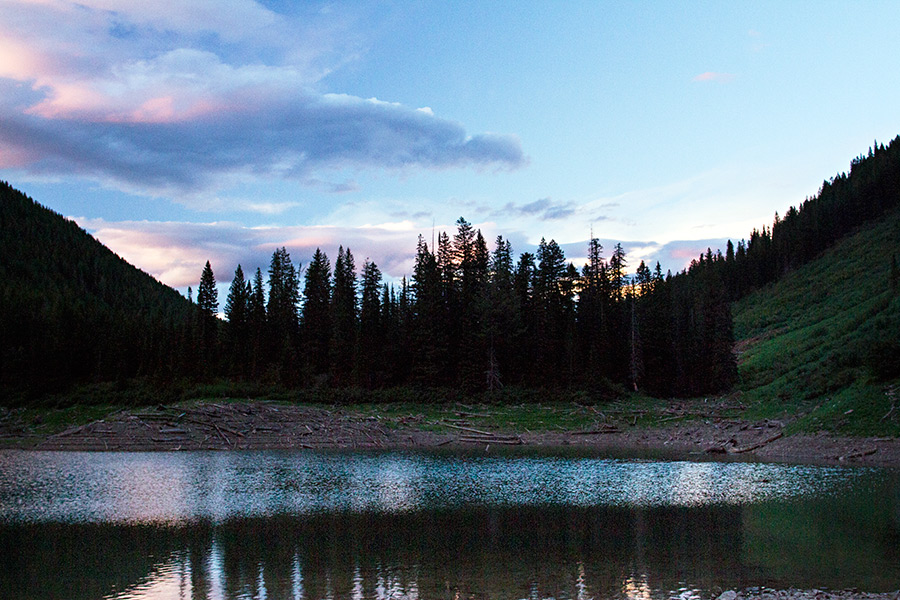Responding to public outcry and letters of concern from Montana’s Congressional delegation and others, the U.S. Forest Service sought to clarify a proposed rule that would prohibit commercial photography and filmmaking in designated wilderness areas.
The Forest Service fell under intense scrutiny after announcing it would begin enforcing an obscure regulation that would require special permits costing up to $1,500 for anyone filming or shooting photos that could be considered commercial activity.
Tom Tidwell, chief of the Forest Service, sent out a press release Thursday intending to explain the agency’s proposal.
According to the Forest Service, the proposal does not apply to news coverage or gathering information for a news program or documentary. However, projects that fall outside of that scope on wilderness land would require approval from the agency “to protect wilderness values.”
“The fact is, the directive pertains to commercial photography and filming only – if you’re there to gather news or take recreational photographs, no permit would be required. We take your First Amendment rights very seriously,” said Tidwell. “We’re looking forward to talking with journalists and concerned citizens to help allay some of the concerns we’ve been hearing and clarify what’s covered by this proposed directive.”
The agency said it would delay finalizing the rule by a month and allow public comments until Dec. 3.
The proposed restrictions sparked initial backlash among First Amendment advocates and all three D.C. lawmakers from Montana.
“We have grave concerns and are deeply skeptical of the government putting limits on activity protected under the First Amendment,” Sens. Jon Tester and John Walsh said in a joint letter to Tidwell and Secretary of the U.S. Department of Agriculture, Tom Vilsack.
“We urge you to withdraw and redraft the directive in a way that addresses these concerns by not subjecting the press to this proposed permitting process.”
Rep. Steve Daines echoed the senators’ concerns in a similar letter, pointing out that the unclear language within the rule could prevent the public from taking photos as well.
“Many Montanans and visitors to Wilderness Areas across the country each year choose to document and share special moments on social media, a blog, or through emails and texts with their family. The uninhibited ability to share these experiences is important to fostering an appreciation for public lands and protecting Montana’s way of life,” Daines wrote.
Congressionally designated wilderness areas are protected by the Wilderness Act of 1964 and must remain in their natural condition, the Forest Service said in its press release.
“This is achieved in part by prohibiting certain commercial enterprises, and the agency is responsible for ensuring its policies adhere to that standard.”
There are 3.44 million acres of wilderness in Montana, and those seeking to take photos in these areas, including members of the press, would need to apply for a permit and explain what the content would be used for. Failing to obtain a permit could result in a $1,000 fine.
The proposal does not change the rules for visitors or recreational photographers, according to the agency. Tidwell said generally, professional and amateur photographers would not need a permit unless they use models, actors or props; work in areas where the public is generally not allowed; or cause additional administrative costs.
Under the rules, permit applications would be evaluated based on several criteria, including whether it spreads information about the enjoyment or use of wilderness or its ecological, geological, scientific, educational, scenic or historical values; helps preserve the wilderness character; and doesn’t advertise products or services. Officials also would consider whether other suitable film sites are available outside the wilderness.
“This seems like a fairly ridiculous overreach by the Forest Service,” Rep. Kurt Schrader of Oregon told the Statesman Journal in Salem.
